
The operational costs of real estate continue to rise exponentially due to a surge in the cost of construction materials and labour, supply chain disruptions and mounting inflation.
As the competition in Dubai’s real estate sector gets fiercer, developers are adopting innovative technologies to optimise costs. The implementation of digital technologies can automate 30-40% of the real estate operations and significantly reduce costs.
Here are the top ways to reduce operational costs in a residential community:
Leveraging motion sensors to reduce energy consumption: Motion sensors automatically turn off electronic devices such as lights and air conditioning when no one is present in the room. The implementation of these sensors curtails electricity costs and regulates the air quality and carbon emissions.
The article titled ‘Benefits of using motion-sensor light switches’ by The Eco Guide reveals that the implementation of motion sensors can reduce energy consumption by 35-45% and can go up to as high as 75%. By reducing energy consumption, motion sensors help reduce carbon emissions.
Rising energy bills are increasing the operational costs of the building with lighting being the major contributor. The study titled - ‘Managing Energy Costs in Office Buildings’ reveals that lighting accounts for over 39% of the energy bill in the office building and shoots up the operational cost significantly. The usage of LED lighting can save approximately 70% of the energy costs, as it lasts five times longer. Furthermore, installing LED lights with motion sensors in the corridors, car parking, and garbage chute rooms with relay switches in the staircases can significantly minimise the energy and operational cost in both residential and commercial buildings.
Installing smart locks, access control and CCTVs to reduce security costs: Smart locks and access control systems, can eliminate the need for traditional keys and simplify the process of granting access to authorised personnel. Digital surveillance systems can be used to monitor properties remotely and alert security personnel of any suspicious activity. Elevator control technologies can restrict access to certain floors or areas, improving security and preventing unauthorised access. ANPR (automatic number plate recognition) systems can be used to track and monitor vehicles entering and exiting a property, helping to identify potential security threats. These technologies will play a pivotal role in reducing the costs associated with hiring, training, and deploying security personnel, while also improving overall security and safety.
Using BMS for better property management: Building management system(BMS) helps in monitoring and managing the mechanical, electrical, and electromechanical services in a facility. Some of these services include power, HVAC physical access control, pumping stations, elevators, and lights.
Using BMS provides comprehensive visibility to the Property Managers (PMs) on the operational performance of the building and the areas responsible for the highest energy consumption. It empowers PMs in planning effectively and taking timely measures to reduce energy consumption and optimise building performance.
Planned Preventive Maintenance: Preventive Property Maintenance (PPM) is the key to managing regular building inspections and repairs and ensuring that the building performs at its optimum level. It is aimed at preventing system failures and frequent repairs by analysing the problem well in advance and taking timely measures.
PPM increases the lifespan of the building, minimises the risk of building damage, increases the efficiency of the building’s assets, reduces unplanned downtime, reduces the replacement of pump timeline from 5 to 10 years, and in overcoming unexpected stoppages and damages. PPM prevents developers from lawsuits and legal issues which might arise due to any injury caused to the residents as the building is not maintained properly.
The article titled - ‘Preventive Maintenance and Its Top Benefits’ by Zenatix, a Hero Electronix venture, suggests that around 82% of companies have to go through unplanned downtime in assets resulting in unnecessary costs to erect it. This significantly shoots up their operational costs and invites potential lawsuits for the developer.
Future Plans
In future, Dubai’s real estate sector will witness a substantial rise in the number of developers embracing technology to enhance the quality of their services and reduce operational costs. Continuous investment in novel technologies will enable developers in differentiating their services and in maintaining competitive or lower service charges for residents, making their community attractive.
In the coming years, we will witness real estate firms changing their approach to pricing models for service providers to reduce operational costs and offering competitive service charges to residents. The top priorities of Dubai’s real estate sector will be to achieve economies of scale in procurement and to implement best industry practices.
Here are the top ways to achieve economies of scale and minimise the overall operational costs:
Signing long-term contracts with service providers: In the near future, real estate developers and property management firms will be signing long-term or minimum three-year contracts with service providers to achieve economies of scale. Long-term contracts will make service providers more committed to serving the community and encourage them to invest their best resources, technicians, technology, machines, and front-line staff.
Investing in regular training: Clearly define the Quality Level Standards and provide training to workers of Facility Management (FM) companies and other service providers on internal processes to enhance the quality of services and provide greater agility to operations.
Pricing model management: Firms will switching towards a resource service-based pricing model to drive efficiency, quality, and cost reduction. The lack of qualified, experienced, and trained workers is the biggest challenge for Property Management firms while dealing with maintenance companies. Soon, PM firms will prioritise hiring experienced, trained and professional staff to manage the community. This will bring down the operational costs of the community by 20-30% and improve quality of services.
Well-planned design and construction phase: The design and construction phase determines the operational costs and life of the building. It is important to focus not only on the GFA, but also on how these areas will be utilised, what exactly is required for the residents, and how the equipment servicing the building will operate in 5-10 years. As an example, energy-efficient chillers will reduce service charges for the unit owners significantly, proper design and installation of CCTV minimise the need of hiring additional security staff, and deploying Building Management Systems and Building Automation Software to provide timely updates to property managers on the building’s energy consumption and overall performance.
Embracing energy-efficiency practices: Innovative technologies to control energy consumption include automating electronic appliances to reduce energy usage and minimise energy bills, implementing the controls and equipment to measure consumption through BTU meters, building management systems, and IoT sensors, focusing on improvements such as installing highly energy-efficient building systems including HVAC, lighting, and vertical transport. It is crucial to conduct timely audits to ensure all the devices are energy-efficient and operate effectively. This can be achieved by conducting a timely internal energy audit, performing regular maintenance and upgrades of the building equipment, managing occupant behavior, and ‘peak loads,’ and achieving ISO 50001 accreditation.
Hiring management companies for budgeting: Management companies can provide a different perspective and help developers optimise the operational costs of the building. These companies provide a detailed budget to ensure that the vision of the developers is met at optimal cost, without compromising residents’ expectations.
Alex is Chief Operating Officer at Kaizen Asset Management Services (Kaizen AMS). His career spans more than two decades in Project Management, Investment Management, Asset Management, Development, Compliance, Quality Management and Control.
Built Environment's ‘Expert Talk’ series carries knowledge pieces every week by industry professionals who give their take on the key trends, observations, issues, and challenges in the built environment. The opinions in these articles are the author's own and do not reflect that of the publication. This is a standard disclaimer.



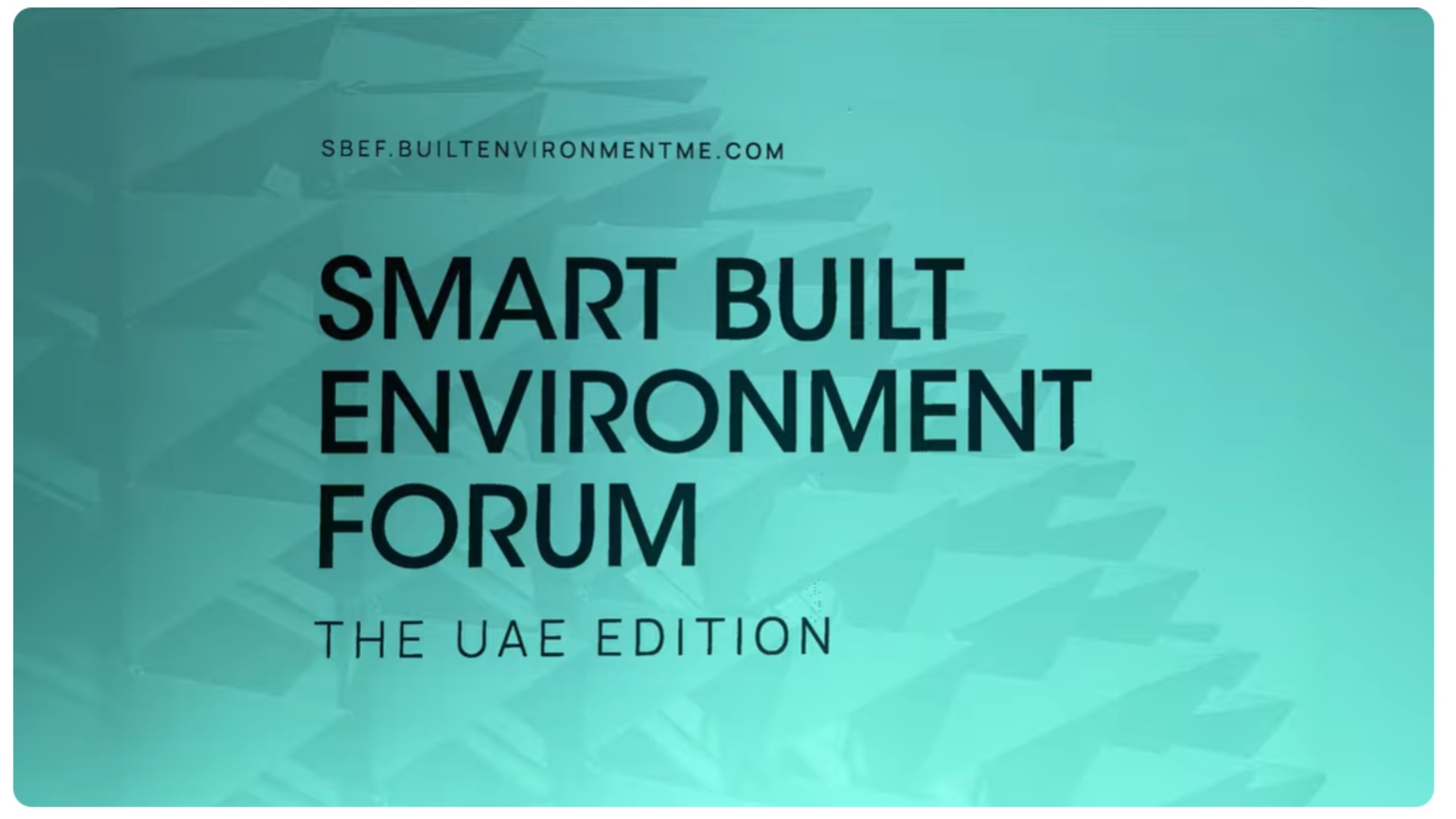
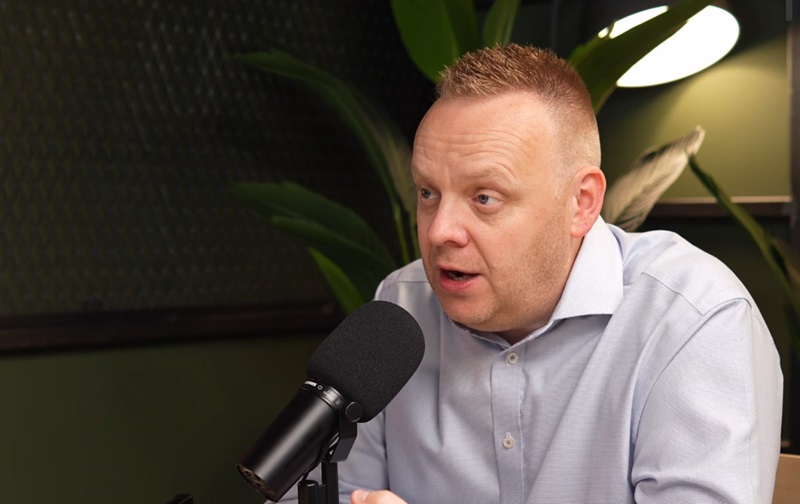




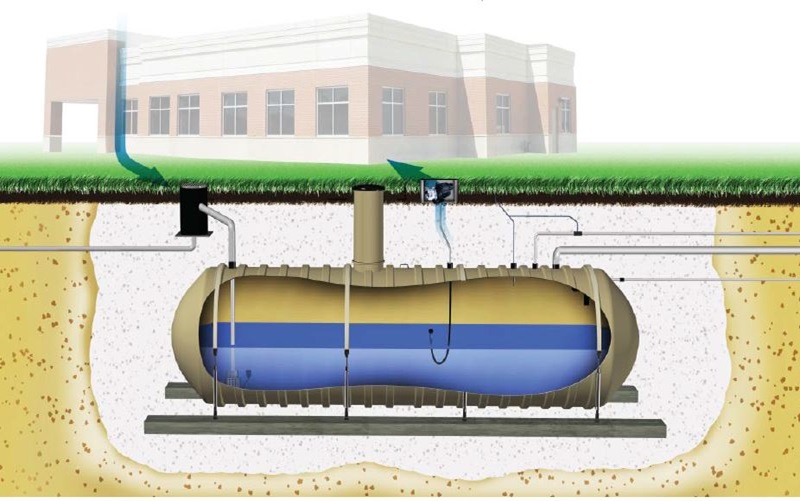

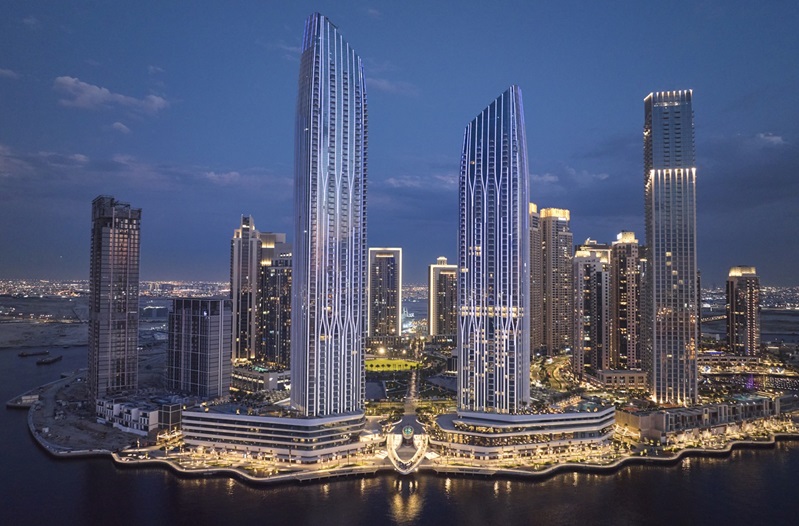


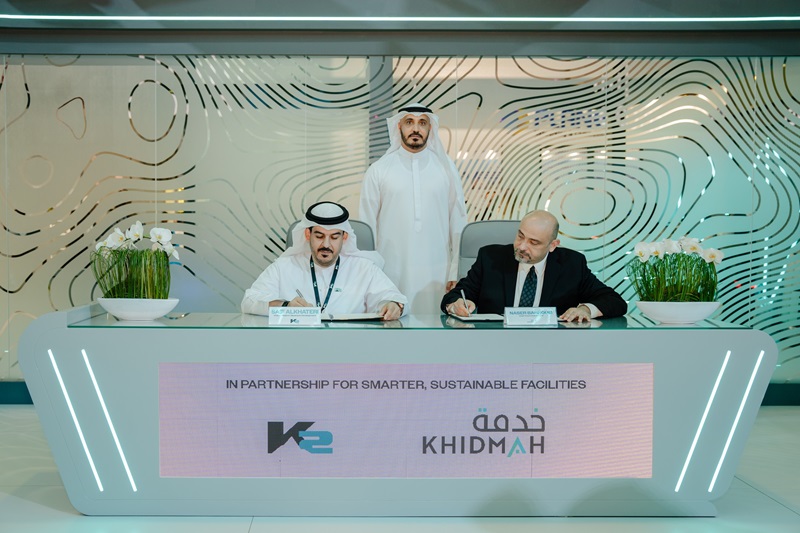
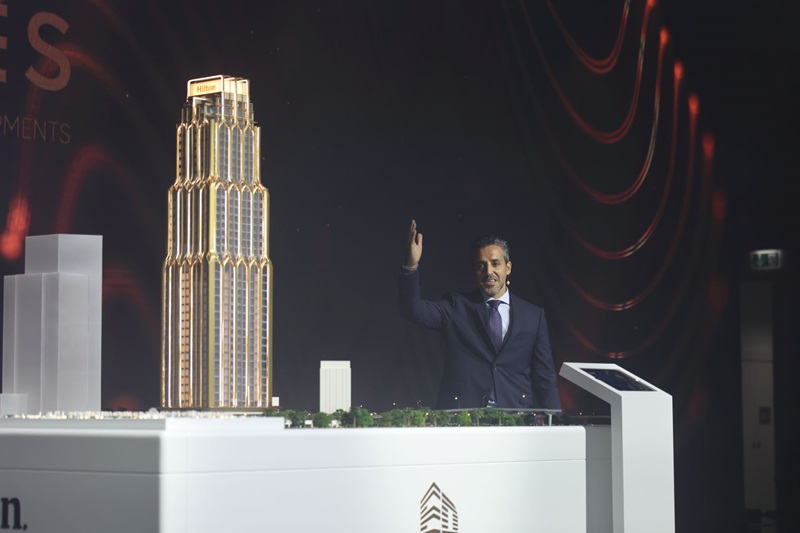
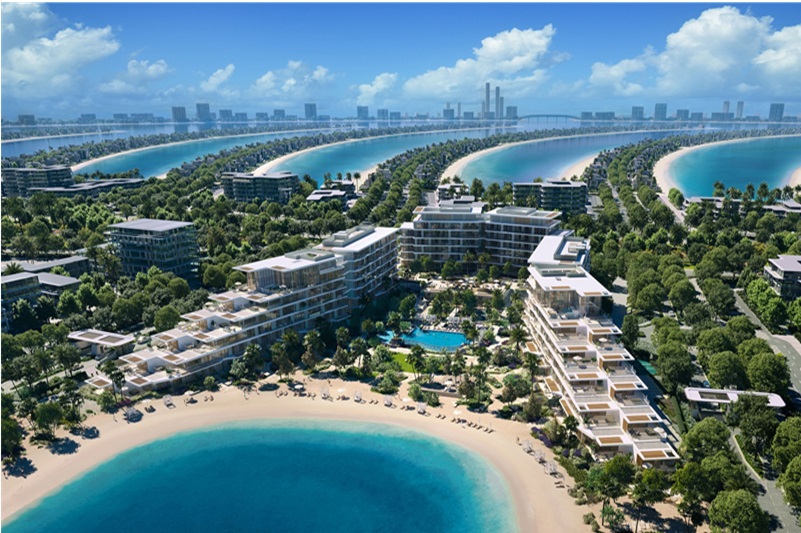

.jpg)